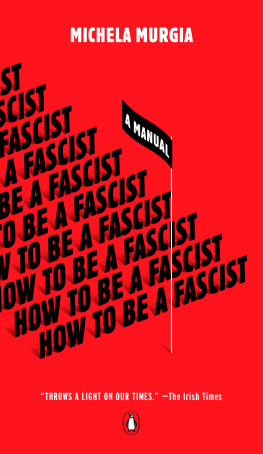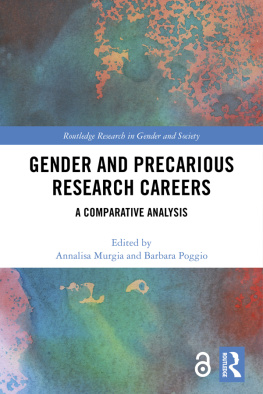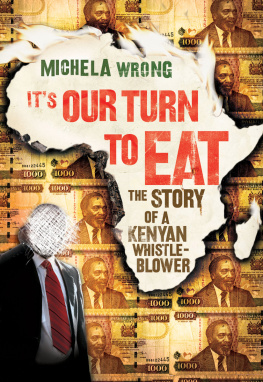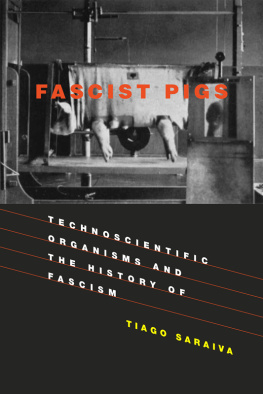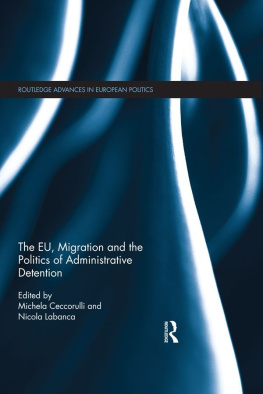Michela Murgia - How to Be a Fascist: A Manual
Here you can read online Michela Murgia - How to Be a Fascist: A Manual full text of the book (entire story) in english for free. Download pdf and epub, get meaning, cover and reviews about this ebook. year: 2020, publisher: Penguin Publishing Group, genre: Politics. Description of the work, (preface) as well as reviews are available. Best literature library LitArk.com created for fans of good reading and offers a wide selection of genres:
Romance novel
Science fiction
Adventure
Detective
Science
History
Home and family
Prose
Art
Politics
Computer
Non-fiction
Religion
Business
Children
Humor
Choose a favorite category and find really read worthwhile books. Enjoy immersion in the world of imagination, feel the emotions of the characters or learn something new for yourself, make an fascinating discovery.
- Book:How to Be a Fascist: A Manual
- Author:
- Publisher:Penguin Publishing Group
- Genre:
- Year:2020
- Rating:4 / 5
- Favourites:Add to favourites
- Your mark:
- 80
- 1
- 2
- 3
- 4
- 5
How to Be a Fascist: A Manual: summary, description and annotation
We offer to read an annotation, description, summary or preface (depends on what the author of the book "How to Be a Fascist: A Manual" wrote himself). If you haven't found the necessary information about the book — write in the comments, we will try to find it.
How to Be a Fascist: A Manual — read online for free the complete book (whole text) full work
Below is the text of the book, divided by pages. System saving the place of the last page read, allows you to conveniently read the book "How to Be a Fascist: A Manual" online for free, without having to search again every time where you left off. Put a bookmark, and you can go to the page where you finished reading at any time.
Font size:
Interval:
Bookmark:
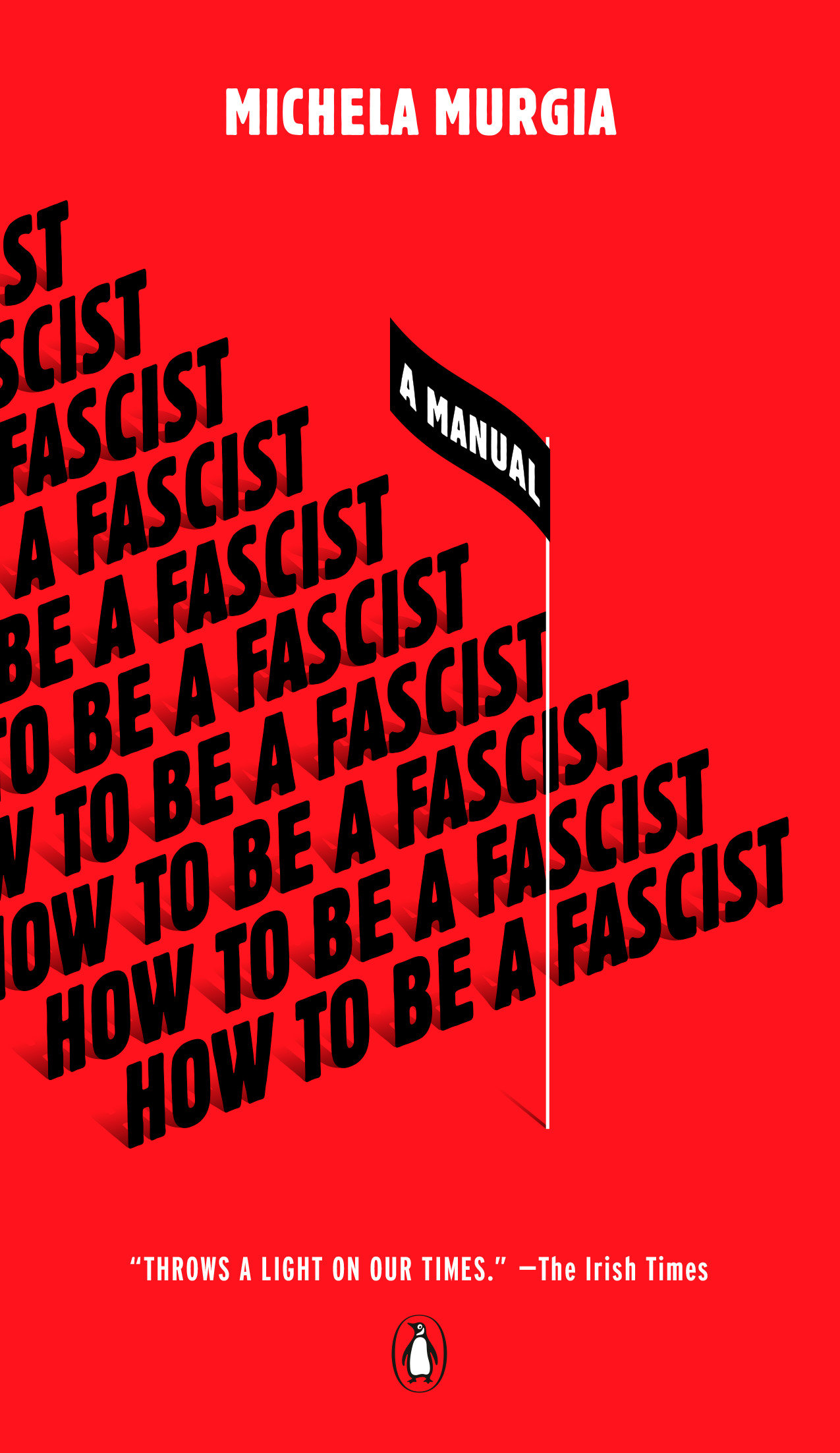
PENGUIN BOOKS
HOW TO BE A FASCIST
M ICHELA M URGIA is an award-winning writer and a political activist. She has written travel books, political non-fiction, and novels, for which she has been awarded the Premio Campiello and the Mondello International Literary Prize.
A LEX V ALENTE is an award-winning literary translator and teacher. His current translations into English include Can You Hear Me? by Elena Varvello, stories by Natalia Ginzburg and Elsa Morante for The Short Story Project, contributions to the Italian Literature in Translation fiction anthology, and the forthcoming Fidelity by Marco Missiroli.
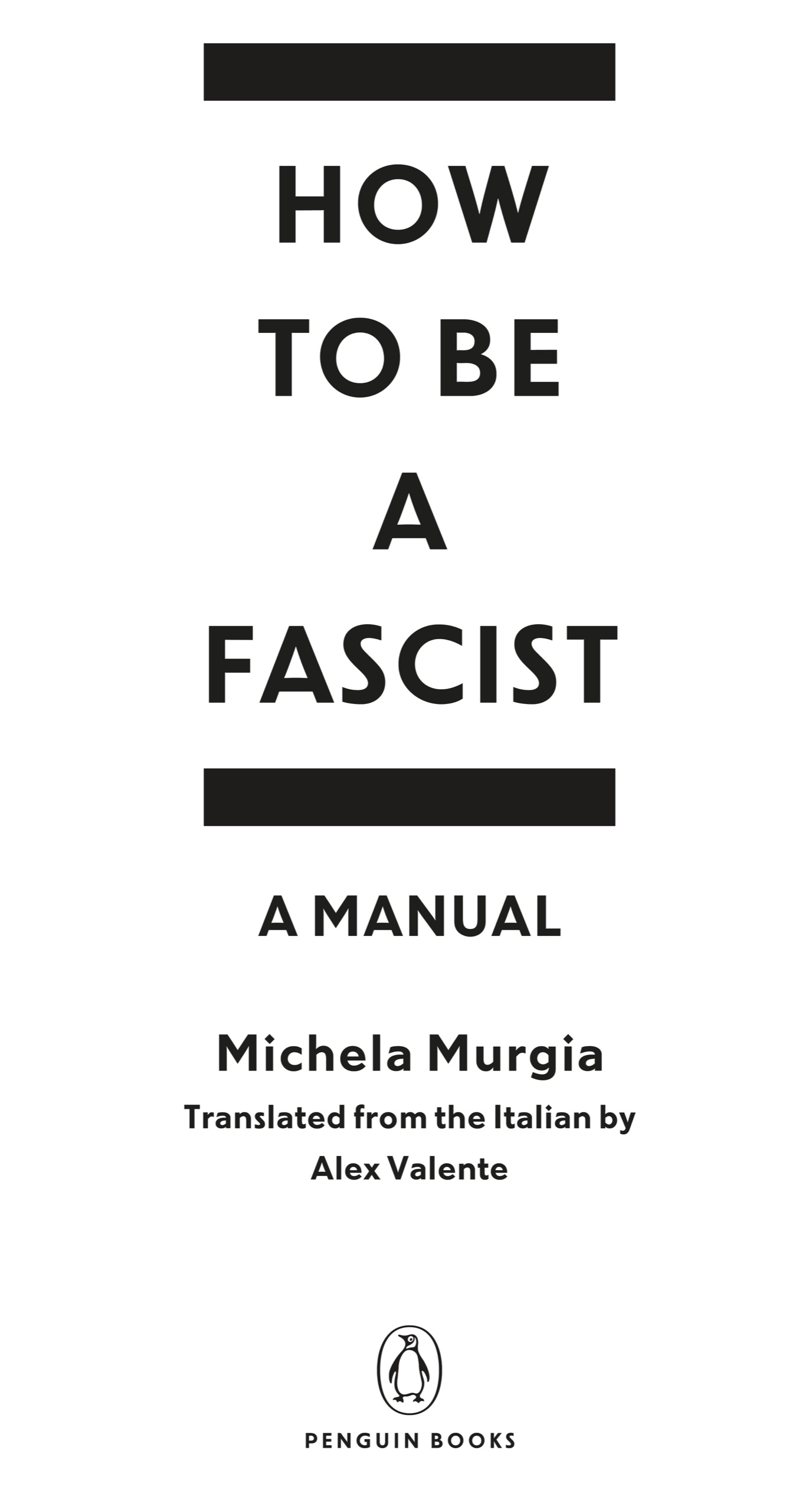
PENGUIN BOOKS
An imprint of Penguin Random House LLC
penguinrandomhouse.com
First published in Great Britain by Pushkin Press 2020
Published in Penguin Books 2020
Copyright 2018 by Michela Murgia
Translation copyright 2020 by Alex Valente
Penguin supports copyright. Copyright fuels creativity, encourages diverse voices, promotes free speech, and creates a vibrant culture. Thank you for buying an authorized edition of this book and for complying with copyright laws by not reproducing, scanning, or distributing any part of it in any form without permission. You are supporting writers and allowing Penguin to continue to publish books for every reader.
Originally published in Italian as Istruzioni per diventare fascisti by Einaudi editore s.p.a., Turin
LIBRARY OF CONGRESS CA TALOGING-IN-PUBLICAT ION DATA
Names: Murgia, Michela, 1972 author.
Title: How to be a fascist : a manual / Michela Murgia; translated from the Italian by Alex Valente.
Other titles: Istruzioni per diventare fascisti. English
Description: New York : Penguin Books, 2020.
Identifiers: LCCN 2020011537 (print) | LCCN 2020011538 (ebook) | ISBN 9780143136057 (trade paperback) | ISBN 9780525507673 (ebook)
Subjects: LCSH: Fascism. | Ideology. | FascismItaly.
Classification: LCC JC481 .M82413 2020 (print) | LCC JC481 (ebook) | DDC 320.53/3dc23
LC record available at https://lccn.loc.gov/2020011537
LC ebook record available at https://lccn.loc.gov/2020011538
pid_prh_5.5.0_c0_r0
CONTENTS
For Francesco and Angelica and its already too late
I write against democracy because it has always been, since its origins, an irredeemably flawed system of government. What Winston Churchill said was false: democracy isnt the worst form of government except for all othersthe truth is that its the worst, full stop, but its always hard to say it openly, in public, despite all the clear evidence in our daily experiences.
The book youre holding is born from a desire to demonstrate that democracy is not only useless but in fact toxic to coexistence, and also to prove that its tried and tested oppositefascismis a much better system of state administration: less costly, faster, and more efficient. This text aims especially to be a comprehension tool for the more educated classes exhausted by democracy, because it has never been necessary to explain to the masses that fascism is better. Armed with the secret wisdom of the simple mind, the people already know as much, and that is why, tired of the inability of the democratic system to solve their problems, they regularly and almost spontaneously turn toward fascism.
I say almost not by chance, because at times fascism may need some help to take root; at the beginning of their historical cycle, democracies tend to be quite hostile toward it and attempt to organize themselves against it with blatantly crude methods, such as passing laws to make it illegal. Fascism, fortunately, knows how to wait. Its like herpesprimary organisms are always the ones that teach us the mostable to survive for entire decades within the marrow of democracy, letting everyone believe it has disappeared, only then to pop out, more viral than ever, at the first, entirely predictable weakening of its immune system.
A young democracy, especially one born out of a war or a civil revolution, will be quick to react to fascism, but an older one will have lost most of its memory and will have buried the eyewitnesses who supported its rhetoric. Additionally, it will have faded and be sufficiently corrupted to consider compromises on its principles, increasingly more significant, with other forms of government. At that point, if fascism is quick and able to seize the opportunity, it will be able to rule entire states without ever picking up a single weapon: it will be democracys own tools that will allow it to establish itself, and finally prevail.
At this exact moment in history, we have at our disposal an overabundance of tools of mass control that no fascism from the past century ever had, and this allows us to attempt something new: to rise from the heart of an aging democratic system and dominate it without ever making use of military force, internal or external. By manipulating the tools of democracy, we can make an entire country fascist without ever even mentioning the word fascism, which might still raise some resistance, even in a faded democracy. Rather, we should ensure that fascist language is socially accepted in all spheres of communication, suitable for any topic, like an unlabeled cannot left, not rightthat can be passed from hand to hand without anyone ever touching its contents.
Contents. This is the crucial issue. I cant hide the fact that yes, they are problematic, and we wont, at least at the beginning, make them pass unchallenged in a democracy. We no longer live in a time when we can explicitly affirm the superiority of one race over others, or openly say that not all opinions have the right to be expressed, especially if they go against the national interest. You can think it, of course, and even say it in certain circumstances, but to present oneself as a system that openly states it as a political manifesto can be difficult at the outset. For this reason, you will not find in these pages anything that might define fascist ideas. Trying to affirm fascism at the level of ideas is a long process, too complex and contradictory to be worth the attempt. Too many years of rhetoric. Too many remembrance days. Too much ideological fluff about the Allied efforts that ensured that everyone remembers their veteran grandad and no one ever remembers the fascist one. Looking into the merit of these ideas isnt productive; if, instead, we act on the method, the ideas will simply follow.
When it comes to politics, method and contents coincide, and the fascist method holds the power of alchemical transmutation: if applied without any ideological prejudice, it turns whoever makes use of it into a fascist, becauseas Forrest Gump would sayfascist is as fascist does. What follows, then, is a manual on the methodspecifically, instructions on the language, the most malleable cultural infrastructure we have. Why would anyone need to overthrow institutions if all you need to do in order to seize them is to change the referent of a word, and make sure everyone speaks it? Words generate behavior, and those who control words control behavior. Thats the starting point: the names we give to things and the way we talk about them. Thats where fascism can face the challenge of becoming current again. If every day we can convince even a single person who believes in democracy, we can live again. And live greatly.
Faithful to its humble didactic aim, this book includes as an appendix a short test of the understanding reached through reading, and an evaluation of the progress made in adhering to fascism.
Font size:
Interval:
Bookmark:
Similar books «How to Be a Fascist: A Manual»
Look at similar books to How to Be a Fascist: A Manual. We have selected literature similar in name and meaning in the hope of providing readers with more options to find new, interesting, not yet read works.
Discussion, reviews of the book How to Be a Fascist: A Manual and just readers' own opinions. Leave your comments, write what you think about the work, its meaning or the main characters. Specify what exactly you liked and what you didn't like, and why you think so.

